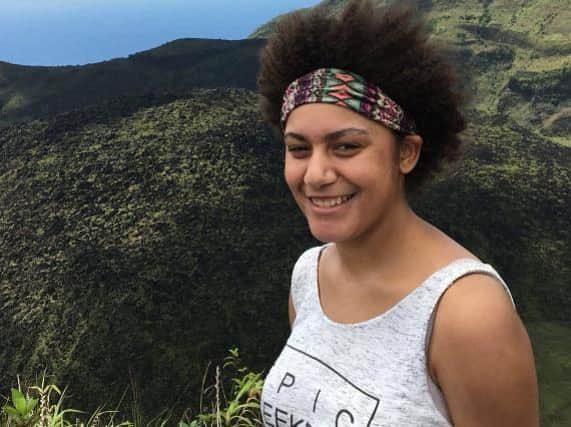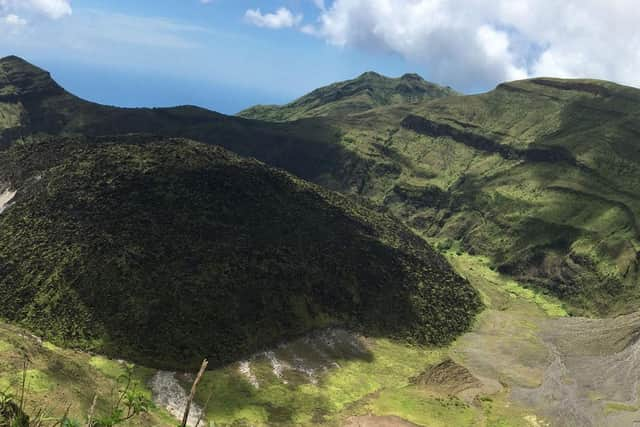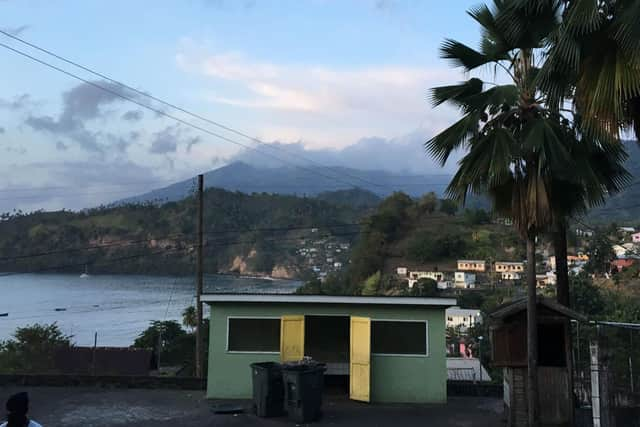Hull volcanologist becomes first Black woman to receive Geological Society award for research on eruptions on Caribbean island


Dr Jazmin Scarlett has studied the historic accounts documenting the eruptions of La Soufrière volcano on the island of St Vincent and the Grenadines.
The PhD student who is based at the University of Hull has studied documents of three separate eruptions on the island between 1812 and 1979, and their intertwining with issues of slavery and colonialism.
Advertisement
Hide AdAdvertisement
Hide AdDr Scarlett has now been awarded a President’s Award from the Geological Society of London – the first Black woman to receive the accolade.


“My research examined how, at the time of each of these volcanic events, Saint Vincent was in the middle of a major societal challenge," said Dr Scarlett, whose family is originally from St Vincent and the Grenadines.
“In 1812, the island was at the centre of the slave trade, and then fast-forward to 1979 and the eruption took place around six months before St Vincent gained independence from Britain.
“These were really unique periods in the island’s history, and each of these social issues had an impact on how communities responded to, and documented, the eruptions.”
Advertisement
Hide AdAdvertisement
Hide AdWhile searching for archive material relating to the 1812 eruption, she said that the only voices she could find belonged to white males.


“There are virtually no accounts from any women, children, enslaved person or native people from that period,” added Dr Scarlett, who has become a prominent voice for diversity within the science field.
Her research also explored how indigenous communities in Saint Vincent had learned to live in close proximity to La Soufrière, and how this approach changed after the island had been colonised by the British.
“I found in many ways, those indigenous communities had a way of living with the volcano, and it was when the island became colonised, that it did not respond to events as well,” Dr Scarlett said.
Advertisement
Hide AdAdvertisement
Hide AdSpeaking about receiving the award, she added that she was committed to “trying to change the status quo” in science.
“I want this award to inspire other people, who may face their own barriers and challenges,” she said.
“There are so many amazing people, from all backgrounds, who do not progress for whatever barrier they face. I want this award to mean something."
Dr Scarlett is now working on research examining how volcanoes and volcanic events are portrayed – and at times misinterpreted – in video games.
Advertisement
Hide AdAdvertisement
Hide AdSupport The Yorkshire Post and become a subscriber today. Your subscription will help us to continue to bring quality news to the people of Yorkshire. In return, you'll see fewer ads on site, get free access to our app and receive exclusive members-only offers. Click here to subscribe.